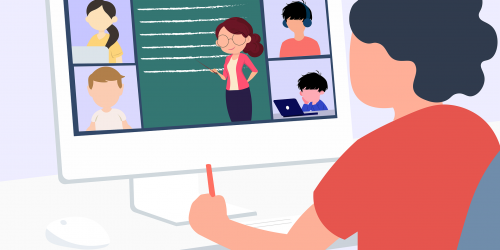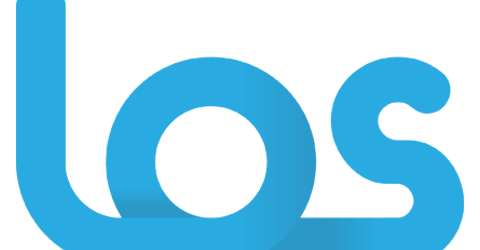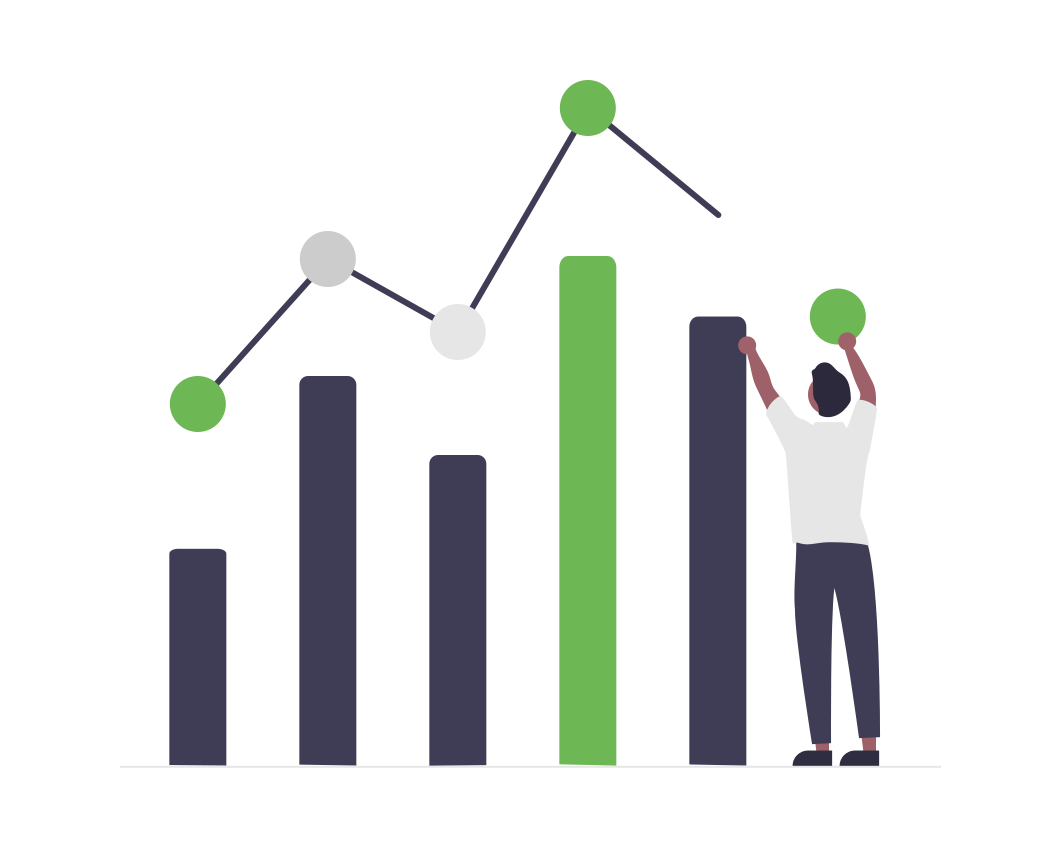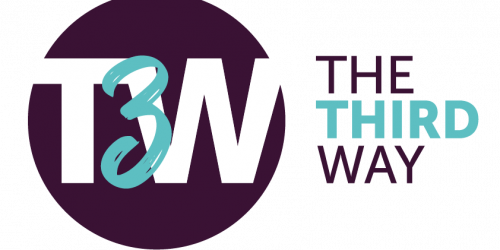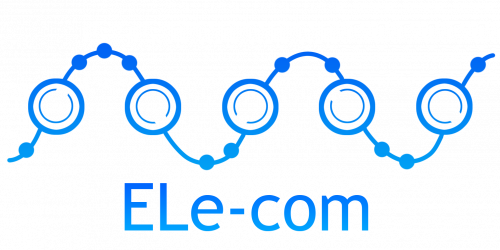Digitalization of education – the Media Center’s research topic for over 15 years. What can we use from this now?
The Media Center of the TU Dresden has been conducting research and development projects on topics of digitally supported teaching, learning and research in almost all educational sectors for over 15 years in third-party funded research and development projects. The current situation shows how important and in demand digital educational infrastructures and quickly implementable didactic concepts are. Both topics are central to our research projects. With this article, we would therefore like to start a series in which we show how our project experiences and research results can support all of our learning, work and participation processes, not only in times of "learning at home" and "digital semester start", and how other actors can reuse our project results.
In our research, we have often asked ourselves how the adoption of digital media in teaching and learning contexts can be successful and what measures can be used to support it (only in autumn 2019 did we create a separate project area in ResearchGate for this question: https://www.researchgate.net/project/Technology-Acceptance-and-Digital-Transformation). However, we could not have imagined that a crisis such as the current Corona pandemic would change this development ad hoc! Nevertheless, we have addressed teachers and their institutions (not only in education) in many projects and developed appropriate support offers that can now be used as sources of information.
For example, we were able to ask university lecturers in several surveys about their motivation and the obstacles to using digital media. The teachers surveyed often reported a high level of use of digitally supported teaching scenarios when they were convinced of their added value and suitability for their own subject area. They saw obstacles primarily in the high level of training required and the lack of time available (see, among others, Christ et al. 2011, Fischer 2011, Riedel, Albrecht & Schlenker 2014 or Riedel & Börner 2016). Based on these research results, we have developed low-threshold offers and materials to convince university lecturers of the added value of digitally supported teaching. All of these materials can be reused as open access publications or as open educational resources - and are therefore a helpful offer for teachers even in the current situation:
- Information brochures Digital teaching and learning in higher education (from the project New teaching/learning cultures, 09/2015-12/2016): https://nbn-resolving.org/urn:nbn:de:bsz:14-qucosa-217606
- E-Teaching-TUD certificate course with 2 self-study modules (E-Teaching Basics and E-Teaching in Practical Transfer) (from the E-Teaching.TUD project, 09/2012-12/2014): https://bildungsportal.sachsen.de/opal/auth/RepositoryEntry/7568588828?12
- Webinar recording on topics such as supporting self-organized learning with social software and supporting learners in e-learning scenarios (from the Q2P project, 10/2009-09/2012): https://video.mz.test.tu-dresden.de/user/view/user/Q2P/uid/216#!media
- Self-learning modules of the Saxon E-Competence Certificate (from the Saxon joint project SECo, 02/2009-10/2012) https://bildungsportal.sachsen.de/opal/auth/RepositoryEntry/4804116482?9
In addition, we offer the E-Scout program (https://tu-dresden.de/mz/forschung/projekte/studienerfolgskonzept/sfg) continues to offer support for teachers who are supported in the development of their digital teaching materials by a student assistant trained and supervised by us.
In addition, the scientists and developers at the Media Center have been working on specific didactic approaches that enable learning to be carried out effectively with and without digital media. Self-directed learning has been an important research focus for us in recent years. A form of learning that offers a lot of potential for the currently practiced "learning at home" if it is supported didactically. We have not only tried to systematize and process the rather confusing theoretical situation surrounding this term, but have also developed practical recommendations for action and support offers for continuing education institutions, which are still freely available and accessible:
- Recommendations for action “Impulses for self-directed learning in further education institutions” (from the project Further education self-organized!, 01/2016.12/2018): https://nbn-resolving.org/urn:nbn:de:bsz:14-qucosa2-329121
- Method kit to support self-directed learning (from the project Further training self-organized!, 01/2016.12/2018): https://methodenkoffer-sgl.de/
Of course, it is not so easy to change didactic concepts ad hoc and offer them to a large number of learners in a satisfactory quality. In the current situation, teachers do not have more time to prepare their courses; in fact, they are now under external pressure. From our perspective, we can only hope that, despite the circumstances, teachers will also see advantages in the changed teaching concepts and retain some elements, even when the options for face-to-face teaching are available again. In our projects, we will continue to research the further development of the possibilities for digitally supported teaching and research and look forward to motivated and interested users who will take the sometimes experimental path with us and drive development forward with us as so-called early adopters.
PS: A list of all research and development projects at the Media Center of the TU Dresden can be found at https://tu-dresden.de/mz/forschung.
Sources:
Christ, Claudia, et al. 2011. KEEBguide. A guide for continuing education providers. http://Bildungsportal.Sachsen.de. [Online] December 2011. https://bildungsportal.sachsen.de/e135/e3794/e4428/tud_koehler_2011_ger.pdf.
Fischer, Helge. 2011. Know Your Types. Construction of a framework for analyzing the adoption of e-learning innovations in higher education. bora.uib.no. [Online] 2011. https://bora.uib.no/bitstream/handle/1956/5849/H_Fischer_PhDthesis.pdf?sequence=1.
Riedel, J., Albrecht, C., Schlenker, L. (2014): Didactics count. Transferring skills to solve didactic challenges. In: Olaf Zawacki-Richter, David Kergel, Norbert Kleinefeld, Petra Muckel, Joachim Stöter, Katrin Brinkmann (eds.): Teaching Trends 2014. Open to new paths: Digital media in higher education, Waxmann: Munich, New York, pp. 233-248.
Riedel, J. & Börner, C. (2016): We do it because it is good! How teachers assess the success factors for the use of digital media in higher education. In: Bott, O.; Lutsch, A. (eds.): Teaching Trends 2016. Waxmann: Munich, New York, pp. 209-220.

